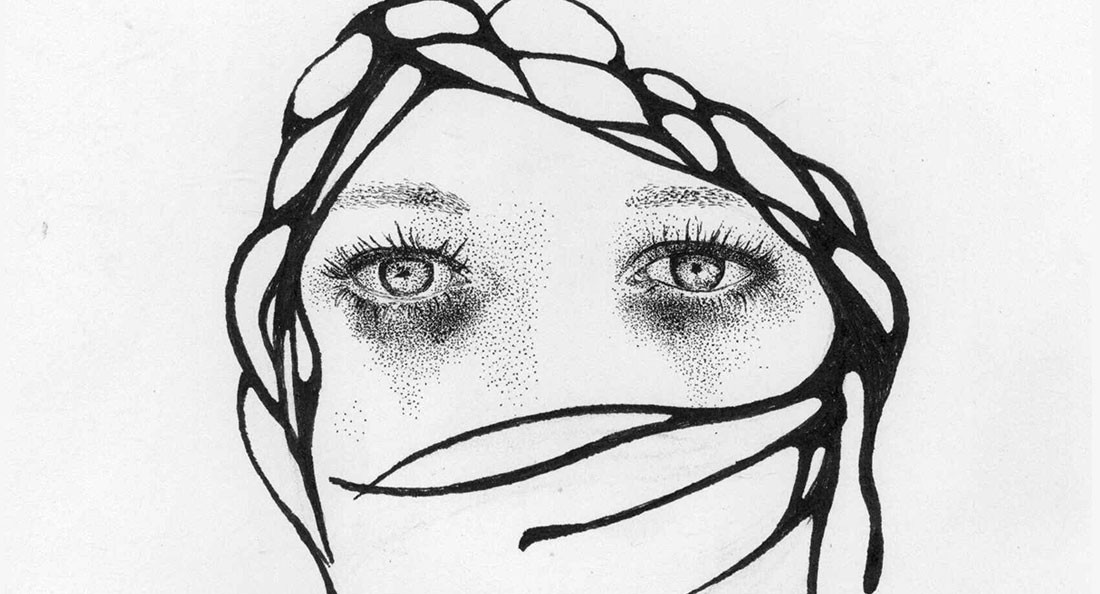Mental Health is not wealth
The cost of the corporatization of the mental health movement
Starting in 2010, Bell Let’s Talk has begun a $100-million campaign centred around breaking down the stigmas surrounding mental health. Further, jack.org, a campus-centred organization also began in 2010, with the goal of increasing awareness of mental health and mental illness.
When conversations surrounding mental health and mental illness are taken on by major corporations, it’s done as a means of corporate social responsibility.
Transferring the power of these conversations from grassroots organizing to companies and corporations is a manifestation of neoliberalism and capitalism, not genuine healing. Further, it narrows the conversations around mental illness to only focus on those illnesses that are easily capitalized upon.
The conversations surrounding mental health and self-care have moved from being a radical act - originally used by the Black Panther Party - to bubble baths and shopping trips. Self-care has moved away from acts of community kindness and healing to something revolving around capitalism and individualism.
It is self-serving of major corporations, such as Bell or jack.org, whose list of sponsors includes Scotiabank, TD Bank, RBC, BMO and many others, to encourage people to improve their mental health via capitalism.
Implying that mental health will be improved when one practices self-care, and then defining self-care in a capitalistic capacity implies that one must work more and be wealthier to be mentally well.
The pages of the jack.org and Bell Let’s Talk websites are covered in hashtags, corporate sponsorships and young folks talking about their experiences with depression and anxiety. Seemingly missing from the conversation are stories from people who hear voices, people who identify as mad, people who experience borderline personality disorder or who have bipolar disorder. It is an erasure of experiences and identities.
The glorification of depression and anxiety, without equitable representation of all experiences of mental illness, creates a hierarchy of mental illness. Depression and anxiety are seen as safe to talk about and experience, but schizophrenia, hearing voices, borderline personality disorder and many other experiences are seen as too dangerous, too crazy and too scary to be mentioned.
Conversations about mental health and self-care have been dominated by major corporations as a simple remedy to corporate social responsibility. Movements cannot be led by companies, as capitalism is too entrenched in the struggles of mental health and wellness.
Bell Let’s Talk and jack.org need to remove themselves from their corporate grasps in order to be able to be a movement that is by and for people with lived experience. Movements led by and encouraging capitalism do not represent persons with lived experiences and actively ignore the effects of capitalism on mental health.
Until Bell, and all of jack.org’s sponsors, pay all their employees a living wage and provide benefits, they do not have the right to be part of the mental health solution. For now, they are actively contributing to the struggles of the working class.
The disability rights movement and mad movement needs to be reclaimed in order to be authentic, effective and led by people with lived experience. Movements should always be led by experiences and never by companies, hence the disability rights movement chant “nothing about us without us.”
Megan Linton is the vice-president external affairs with the University of Winnipeg Students' Association.
Published in Volume 72, Number 16 of The Uniter (February 1, 2018)








